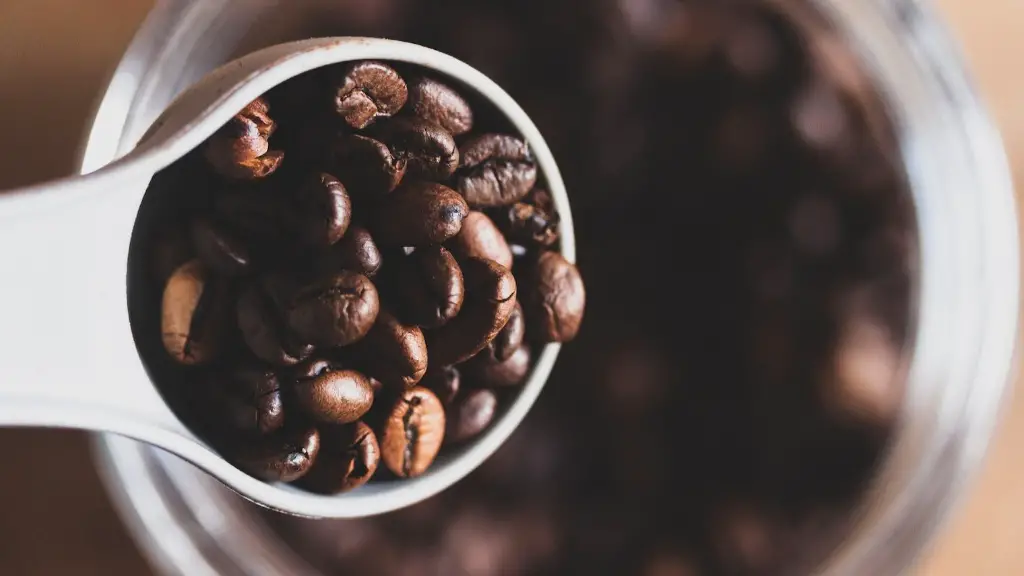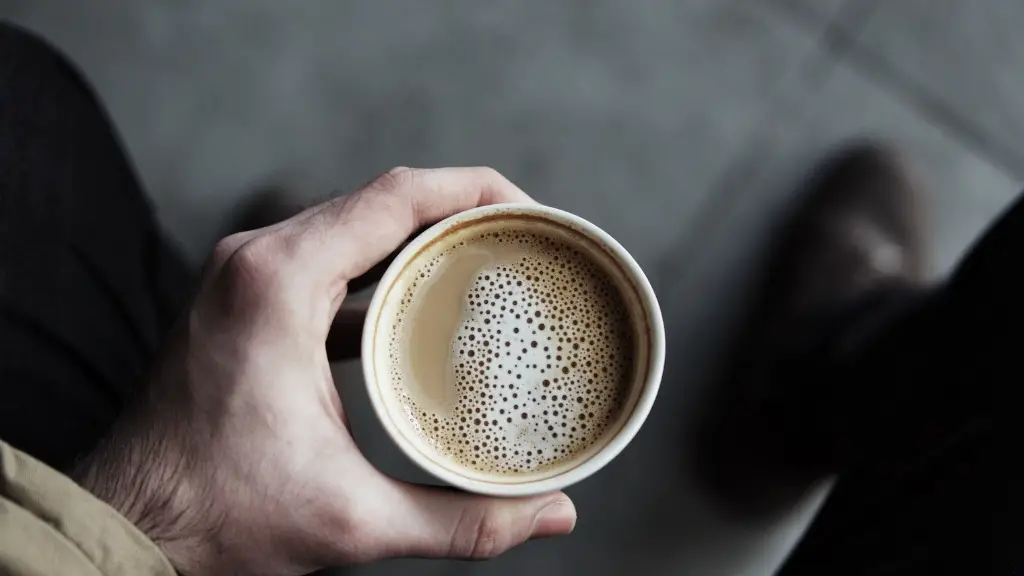Coffee is arguably one of the most widely consumed beverages in the world. From morning pick-me-ups to a relaxing after-dinner latte, coffee is popular for its flavor and energizing benefits. Many of us can’t imagine getting through our days without a cup of coffee. But is it ok to drink coffee during a detox? This article will explore the potential harm and benefits of drinking coffee during a detox.
The practice of detoxing involves abstaining from certain foods, beverages, or activities in order to eliminate toxins from the body. Detoxes are often employed for medicinal or religious purposes, and many modern detox plans also include self-care and lifestyle changes. The goal of a detox is often to help the body rid itself of accumulated toxins, including impurities found in some foods and liquids.
Coffee, particularly espresso, can be high in toxins like acrylamide, a compound that is produced with certain foods in the presence of high heat. Acrylamide has been linked to an increased risk of cancer, though only at very high levels. It is important to note that acrylamide can also be found in many other foods, such as potatoes and breakfast cereals.
Coffee is also high in caffeine, a stimulant that can be beneficial in moderate doses, but which can be unhealthy in large amounts. Caffeine can help increase energy and alertness, but too much can negatively affect sleep and mood. Too much caffeine can also increase the risk of dehydration and may interfere with certain medications.
Despite these potential drawbacks, there are some potential benefits to drinking coffee while on a detox. For example, coffee can help increase alertness and energy levels, which can be very beneficial when following a strict detox. Coffee can also provide antioxidants and other beneficial compounds that may help protect the body against disease and slow the ageing process.
Additionally, some research has shown that coffee can support the body’s natural detoxification process. For example, coffee has been found to help stimulate liver detoxification enzymes, which can help break down toxins more efficiently. Coffee can also help increase your metabolic rate, which can potentially help burn fat more quickly.
Ultimately, whether or not you should drink coffee while on a detox depends on a variety of factors. It is important to consider the potential benefits and drawbacks when deciding if coffee is right for you. Detox plans can vary greatly, and what works best for one person may not be ideal for another. Additionally, it is important to speak with a qualified healthcare professional before embarking on any new dietary or lifestyle program.
Coffee and Weight Loss
Coffee can also potentially be beneficial for weight loss. Research suggests that it can increase metabolic rate and stimulate fat burning. Additionally, coffee can act as an appetite suppressant, which can help reduce caloric intake. However, it is important to note that coffee should not be used as a substitute for a healthy diet and exercise plan.
Coffee and Cardiovascular Health
In addition to potentially aiding weight loss, coffee has also been associated with improved cardiovascular health. Studies suggest that drinking coffee on a regular basis can reduce the risk of heart disease and stroke. Additionally, coffee can potentially reduce levels of bad cholesterol and increase levels of good cholesterol. However, it is important to remember that too much coffee can harm your health, so moderation is essential.
The Bottom Line
In conclusion, while drinking coffee during a detox may provide certain benefits, it can also have potential drawbacks. It is important to be mindful of the potential risks and always consult a qualified healthcare professional before beginning any detox program. Additionally, moderation is key – aim to consume no more than 2-3 cups per day in order to reap the benefits without overloading your system.
Coffee and Mental Health
Coffee can also be beneficial for mental health. Studies have shown that it can help improve mood, alertness, and cognitive performance. Additionally, its high level of caffeine can have a stimulating effect, which can help reduce feelings of stress and depression. However, it is important to note that too much caffeine can lead to side effects such as anxiety and jitteriness.
Coffee Alternatives
If you decide that coffee is not right for you, there are many other healthy alternatives. Herbal teas can be a great substitute, as they can provide antioxidants and other beneficial compounds. Green tea, in particular, has been associated with a variety of health benefits. Additionally, sparkling water can be an excellent way to hydrate and can help add flavor to your detox regimen.
Kiss The Coffee Goodbye?
Despite potential health benefits, some detox plans recommend avoiding coffee altogether. This is likely due to its high levels of caffeine, which can interfere with good sleep, mood, and other health factors. Additionally, coffee can be a source of toxins and should not be consumed in excess. If you’re attempting a strict detox, it may be best to avoid coffee altogether.



